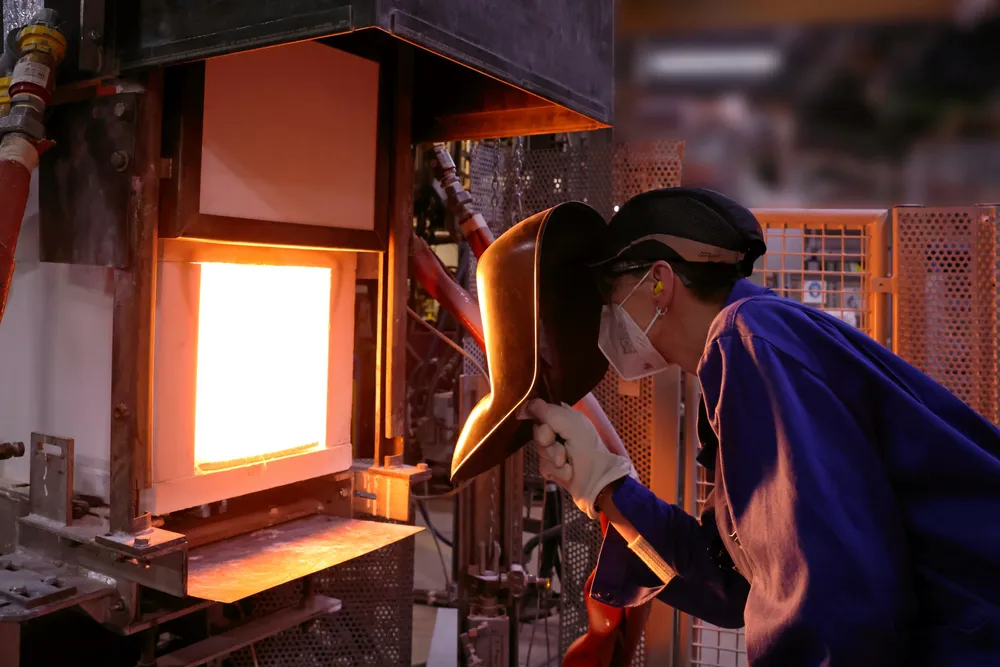World first | German company produces optical glass using 100% hydrogen in a furnace
Schott is now analysing the quality of the glass to see if its properties are the same as when using natural gas

Schott is now analysing the quality of the glass to see if its properties are the same as when using natural gas
